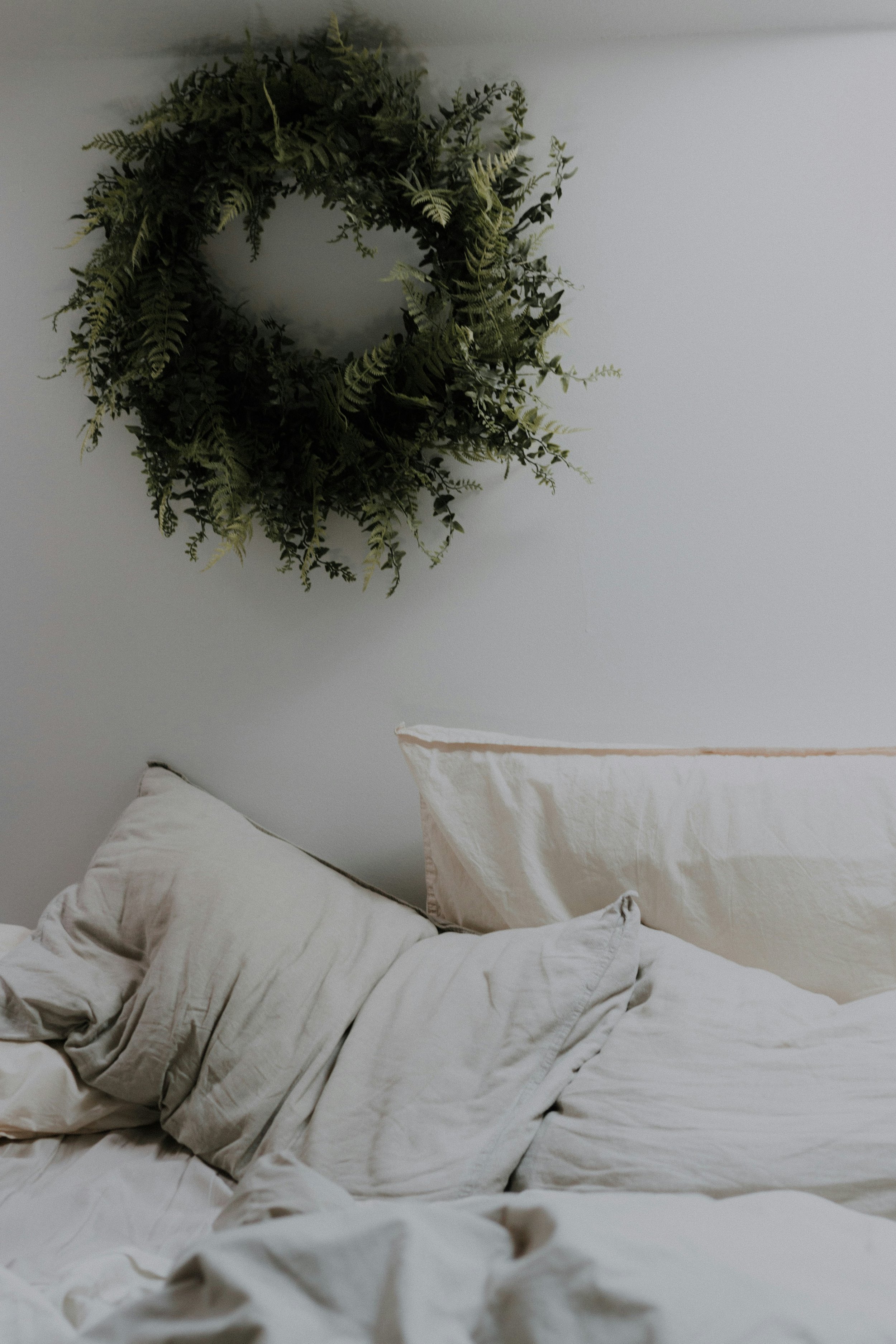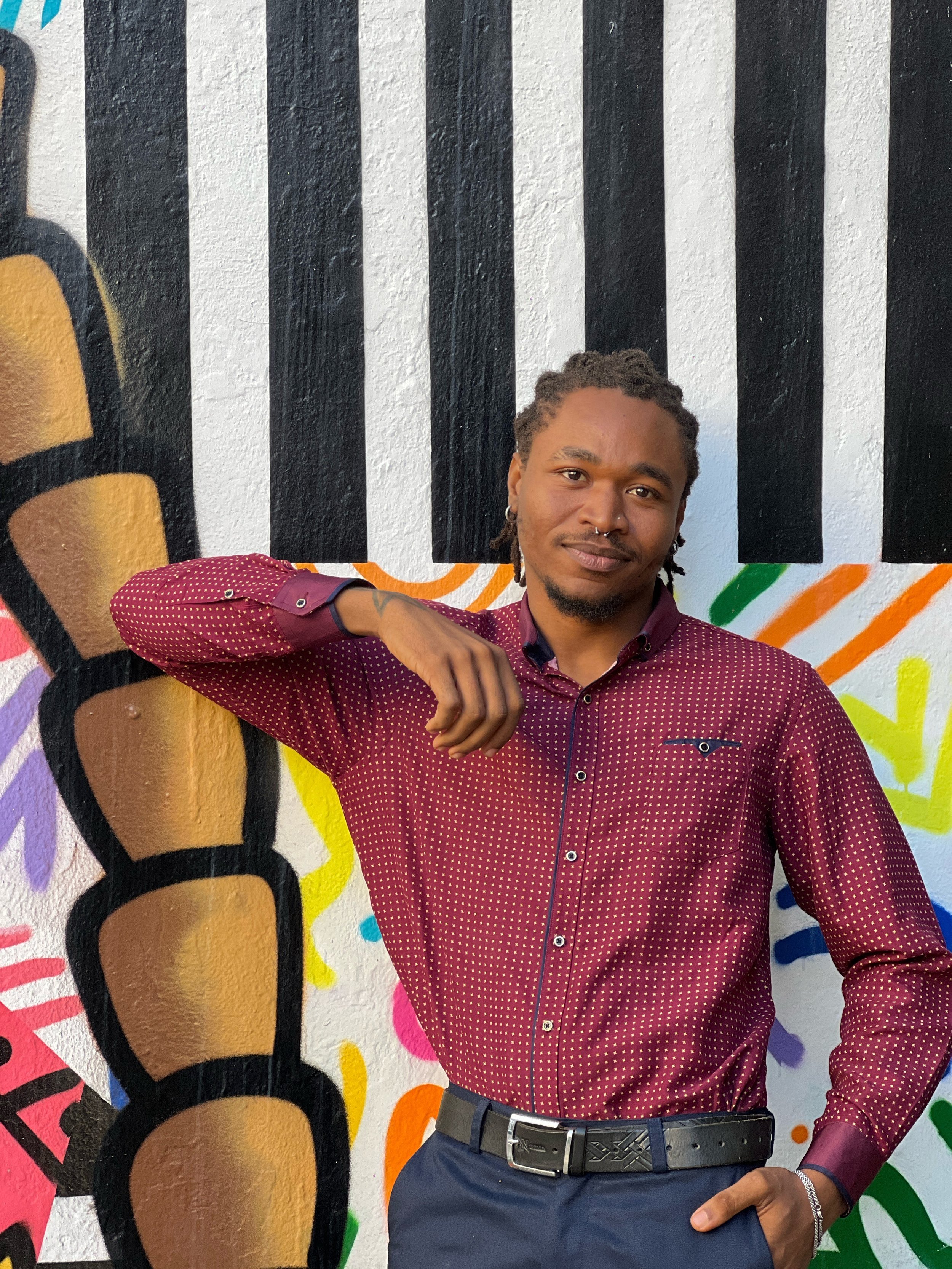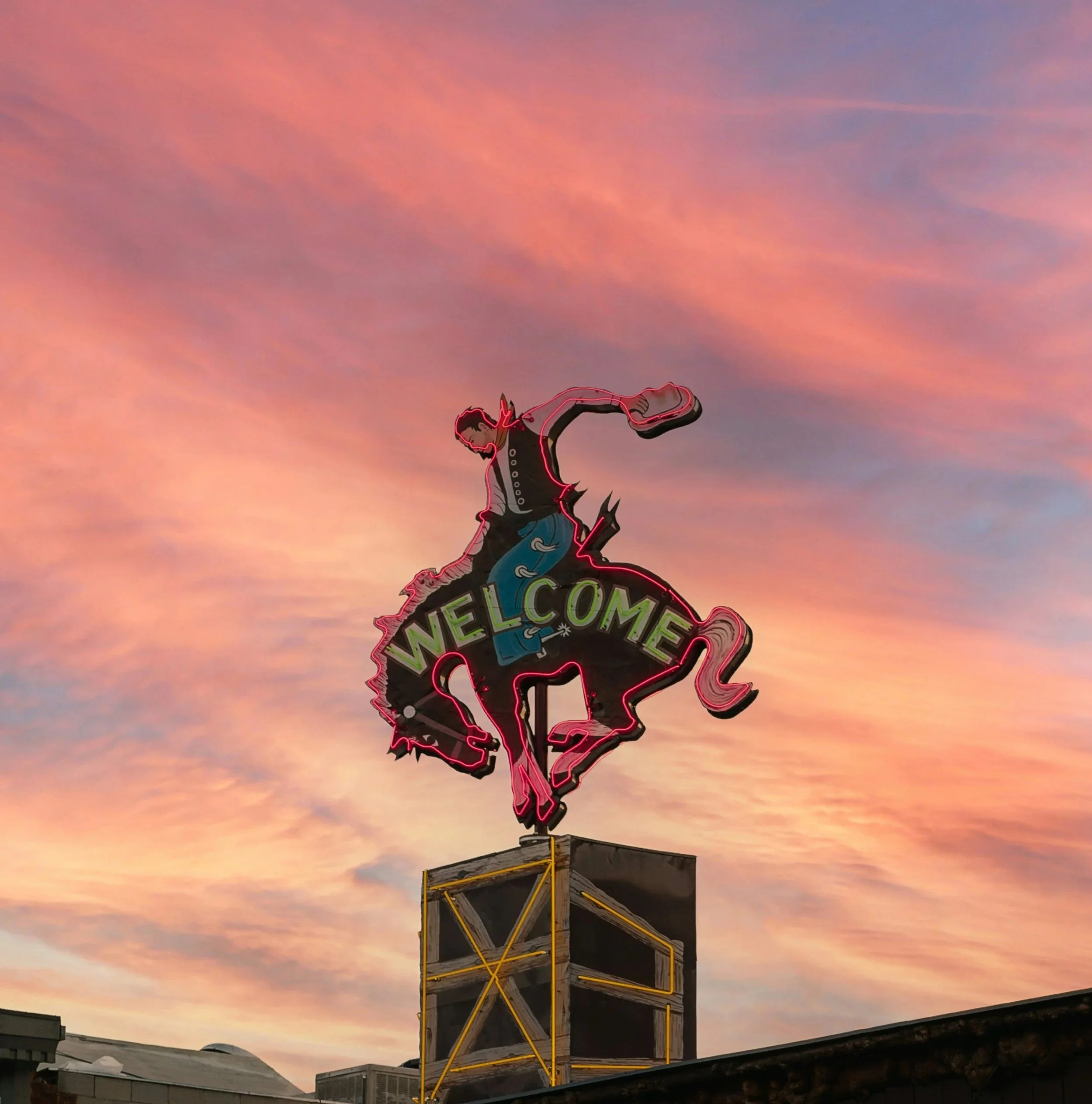To Divine, from Grindr

You sat next to me on the sofa, and asked to take off my shirt when I told you it was wet from wandering in the rain. I unbuttoned it without removing it, because in Boston it is cold even inside.
You caught my accent. I had never met someone so excited to meet a Nigerian. Your grandparents, you said, fled during “the military regime” because their life was in danger.
“Which military regime?” I asked.
“Okay so, way back when, Nigeria had, like, a coup and the military took over and many people had to leave for their safety.”
It was amusing to hear someone refer to Nigeria’s many military regimes as “the,” as if there was just one, or at least one that towered above the rest. A child of the Fourth Republic who had never lived a day under official military rule, my childhood was filled with references to our military regimes. Who stole what, who was running for office (always Major General Buhari), who had died, who’d withdrawn support for the government. And of course, during all their leaderships, people fled Nigeria. People were always fleeing Nigeria.
“What year was that?” I asked, and it saddened me that you didn’t know. You folded your hands across your chest and leaned back.
“I wish I could go back though. There’s nothing here, nothing special. Africa would be so much better.”
“Then just go,” I said.
You stared at me. Held my gaze until I said, “You know I’m from Nigeria, right?”
“I know.”
“As in, I live there.”
“I know, I know. It’s just, I’m afraid, man.”
“Afraid of what?” I asked, and you said, “Everything.”
You thought you would love Africa, love the sun and the warmth, and the “sea of black people,” but you were afraid. You had a friend who had been to Sudan, who had told you of mud homes and of machine guns and of people who never slept with two eyes closed. You’d read so much online, too, about police raids on queer gatherings, extrajudicial killings, death sentences for homosexuality handed down from the justice system itself. You did not think you would survive a day.
“Don’t they throw gays from the top of buildings?” you asked. “I’ll just sit my ass in Boston.”
“Fair enough,” I said. The whipping wind outside swept against the windowpane, intensifying the tapping of the rain. There are nuances to these things. Class, location, passport. But how could I have told you that because you had a blue passport, that because you had an accent that ran and ran without stopping, Nigeria would be much kinder to you than it is to those who had no other place to claim as home.
“But I really support y’all fighting the good fight,” you said. “I could never.”
“You know, the thing is, growing up there makes it much easier to navigate,” I said. “Because everybody is always adapting out of necessity.”
“So why don’t you leave then? Are you not scared? Is it not as dangerous as people say?”
It was a complicated thing to explain. Of course it was bad as people say, maybe even worse. But that was only part of the story. There were also so many things to love, even things that felt mundane, intangible—a sense, a vibe, a familiarity, a kinship.
Also, and maybe more importantly, migrating from Nigeria is a very classed affair. Most Nigerians can’t afford to get out, and the vast majority of the relative few who can get their visa applications rejected. Even academic scholarships are the exclusive reserve of the middle and upper classes.
“You thought you would love Africa, love the sun and the warmth, and the “sea of black people,” but you were afraid.”
I applied for many graduate programs in the UK before I got into one that offered me a full scholarship in 2023. But going to Norwich—paying for visa fees, medical tests, flight tickets—was possible only because of the advance I’d gotten on my book deal.
“How much did you get for the book?” you asked. I didn’t answer. I wasn’t sure I wanted to tell you.
“Don’t you remember it? Was it that big?” you said and laughed.
“No,” I said, laughing as well, realising just then that I still did not know your name.
You stood up and took off your shirt. “We’ve been talking a long time,” you said. You swirled the shirt around in the air, as though to fan yourself, even though it was so cold that the crescent pendant of my necklace felt icy against my chest.
“We have actually,” I said. “Instead of what I actually came to do.”
You smiled and shook your head, “You’re funny,” you said. “But it's good. I’ve been planning to do my own research on Africa, too. Talking to the people, you know. But from what I’m hearing, you people aren’t scared of anything. Are you not scared you’ll be….y’know.”
I stayed quiet, contemplating your question. Then, I turned and showed you the scar on the side of my abdomen. It had thinned as I’d gotten older, my body slowly forgetting how it once had to heal and force itself to continue living. You caressed it slowly and said, “Damn.”
It had been almost seven years. I don’t remember how many men attacked me, but I know it couldn’t have been fewer than four or more than six. They weren’t the first to attack me but they were the first to leave any evidence on my body. Before them, I’d received death threats, enough to make my heart skip every time someone recognised me in public, because who knew when and where? But I never thought of them as reasons to stop. If anything, the more involved in the queer liberation struggle I got, the more I felt like there was more I could do.
And even though I understood how it could be so for other people, I did not think of leaving Nigeria as an escape.
When I told you I’d received a scholarship to study in the United Kingdom, you tilted your head to the side and smiled widely.
“Okayyy,” you said. “Now that’s what I’m talking about. Moves. Moves.”
“Thanks,” I said.
“And even though I understood how it could be so for other people, I did not think of leaving Nigeria as an escape.”
“But why not come to America?” You asked, “It’s not that bad, and at least it's way less white.”
We shared a long laugh at that. And just as our laughter was dying down, I said, “Do you know, I’ve been looking for style to use and ask you your name.”
You laughed again.
“You’re hilarious,” you said.
“No, you know we did not exchange names nau,” I said.
“That is so Grindr,” you said.
“Yeah,” I agreed.
“My name’s Divine,” you said.
“Really?” I asked.
“Yeah. Why?”
“Nothing,” I said. “It's just a wild coincidence. I have a cousin also named Divine.”
*
When I told you I hoped to move back to Nigeria after my studies, you furrowed your brow at me. “Why?” you asked.
“Because I prefer living there,” I said.
“Why?”
I did not have an answer. In the months since we met, I have thought about that question, and the more I think about it, the more convinced I am that it is because I am afraid of conceding that my own home, my own people, my own country, is so beyond redemption that the only thing to do is flee. I want to be safe in my own home. I don’t want to give up the sunshine, or the language my heart understands, or the presence of those I love, or the belief of those I organize with.
I didn’t say any of this. Instead, I countered, “Why not?”
You stood to get your stash and began to roll a joint. You glanced at me briefly before looking back at the rolling paper. As you twisted it, you asked me if we had weed in Nigeria and it made me laugh again.
“What?” You asked, “What did I say?”
“I am afraid of conceding that my own home, my own people, my own country, is so beyond redemption that the only thing to do is flee.”
“What do you mean?” I asked, still laughing. “Of course, we have weed in Nigeria,” I said. “More strains than you could even imagine.”
“It’s still criminalized sha,” I added.
You nodded, silent, concentrating on the rolling. Before you lit the blunt, you looked at me and said, “I wish I can one day go. It’s important as well, you know.”
You puffed the smoke out before continuing, “To connect back to the land, you know. I’ve never been back home and that’s crazy, when you really think about it.”
“Yeah,” I said, “It really is.”
“Maybe one day I’ll come to Nigeria, and you can tell me where and where I can be safe.”
I smiled and looked up to meet your eyes, which seemed to twinkle mischievously. I glanced down at the roll between your fingers. You put it to your lips, cupped your hands around it, and looked at me again before clicking the lighter on and taking a long draw.
About the Author
Ani Kayode Somtochukwu is an award-winning Nigerian writer and queer liberation activist. His work interrogates themes of queer identity, resistance, and liberation. His debut novel, And Then He Sang a Lullaby, was shortlisted for the Association of Nigerian Authors Prose Prize, nominated for an NAACP Image Award, awarded the James Currey Prize for African Literature, and was an Indies Introduce Pick by the American Booksellers Association. His writing has appeared in literary magazines across Africa, Europe, Asia, and North America.
Read Ani’s “Behind the Essay” interview in our newsletter.
Edited by Carey Baraka.
Header photo by Priscilla du Preez.











